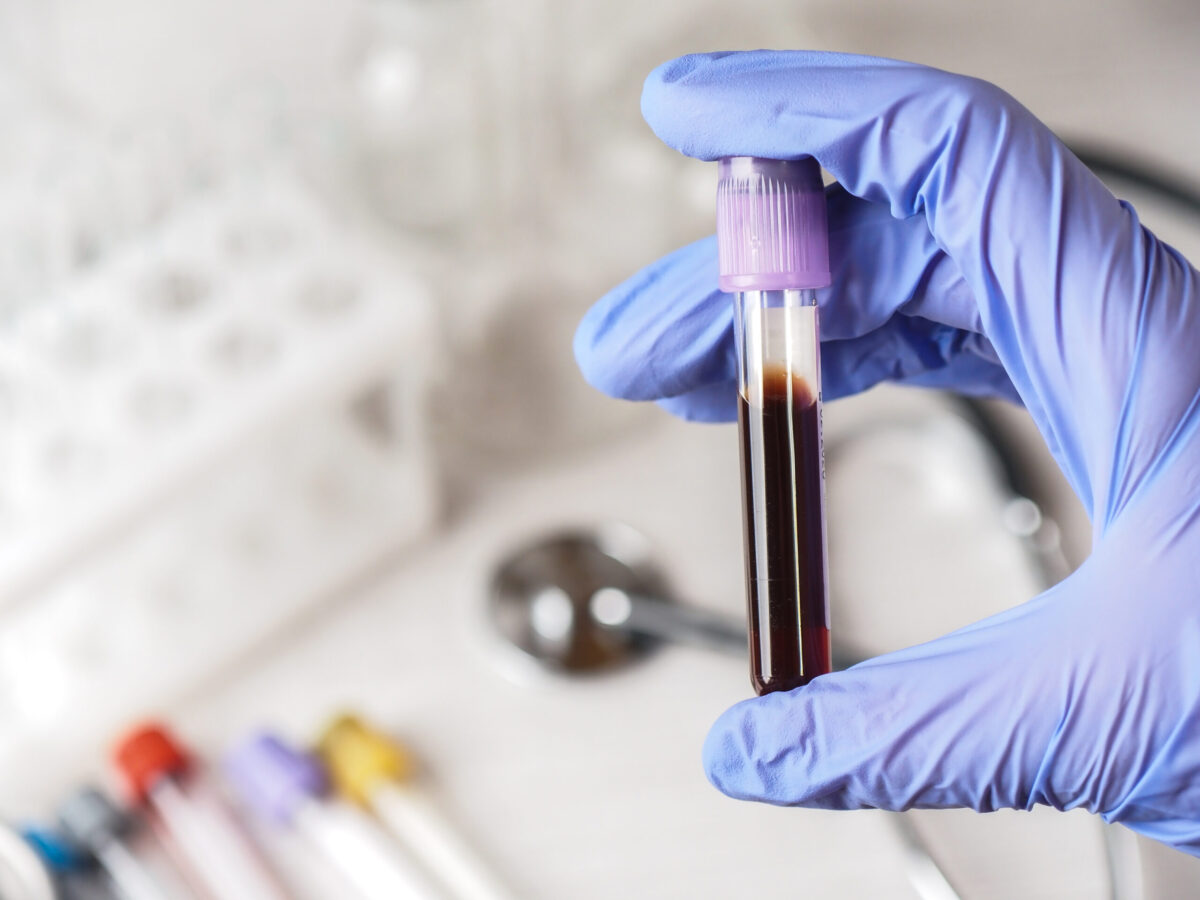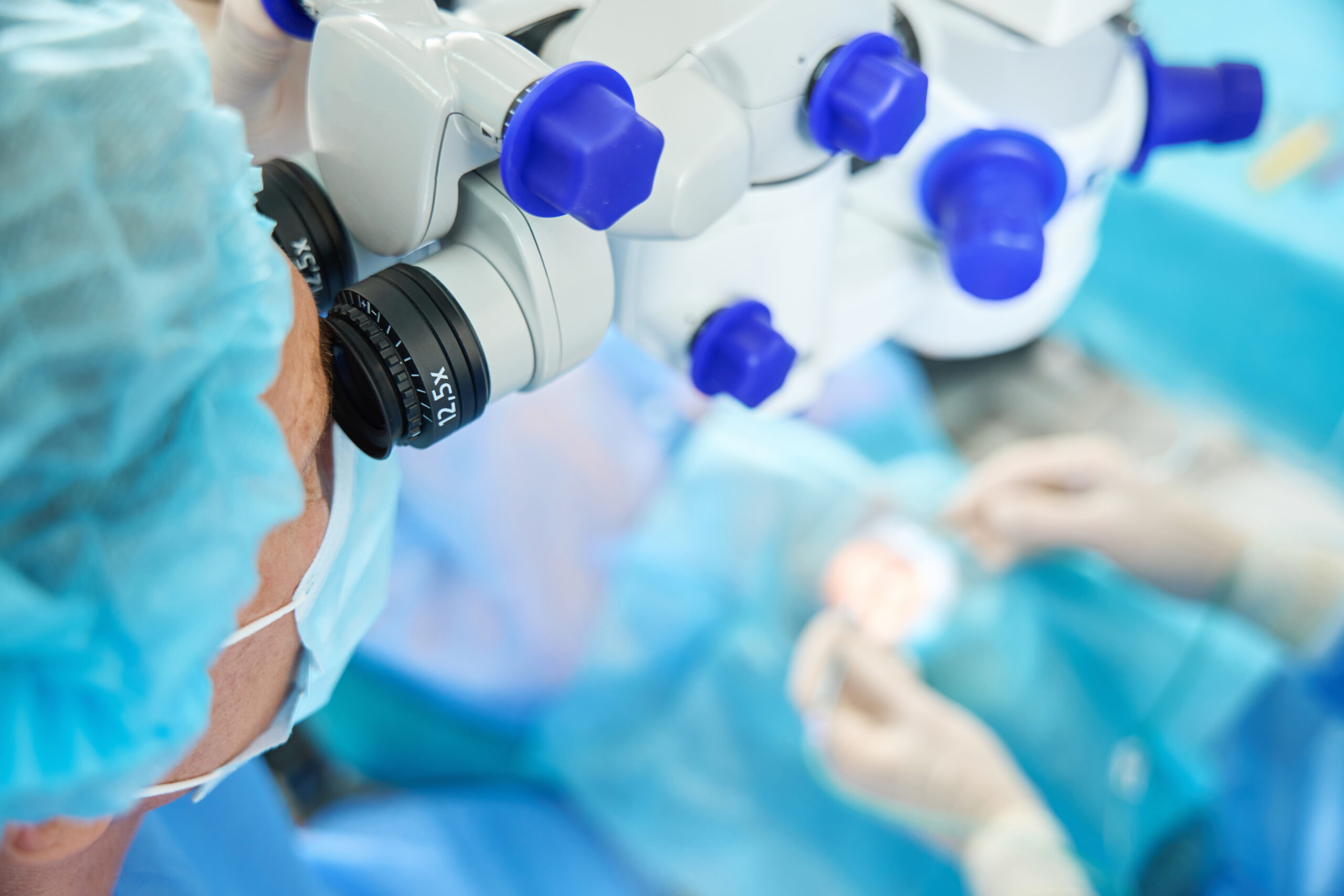According to researchers at Cedars-Sinai, wearable step counters and other biometric devices may be popular but they may not be helping patients achieve their health goals. Their study – published in the journal npj Digital Medicine – suggests that collecting and monitoring health data using these devices may not be helping patients improve related measures, like blood pressure and weight.
“As of now, we don’t have enough evidence that they consistently change clinical outcomes in a meaningful way,” said senior author Dr. Brennan Spiegel, director of Health Services Research at Cedars-Sinai. “But that doesn’t mean they can’t.”
The popularity of wearable biosensors capable of non-invasive biometric data collection – including the FitBit and Apple Watch – has increased in recent years. For patients, the promise of self-monitoring using these devices has the potential to improve motivation and help them reach their health goals. For physicians and health researchers, the data from the devices can give real-time information about how a patient is doing, and be a potentially valuable source of health data.
Unfortunately, Spiegel and his colleagues found that wearable devices don’t currently measure up to this ideal. In a statistical analysis and review of 27 studies published between 2000 and 2016, they found that remote patient monitoring using wearable biosensors had no impact on patient outcomes. The studies looked at a number of diverse devices, including physical activity trackers, blood pressure monitors and pulse oximeters, which were embedded in various wearables.
The outcomes studied included body mass index, weight, waist circumference, body fat percentage and blood pressure. More encouraging is the fact that the meta-analysis found these devices may help improve outcomes in patients with low back pain, pulmonary disease, Parkinson’s disease and hypertension, however these results were preliminary.
“There is a big difference between using these sensors to track sleep for self-betterment and using them make medical decisions,” said Michelle S. Keller, a clinical research specialist at the Cedars-Sinai Center for Outcomes Research and Education.
The authors note that the lack of supporting data for wearable biosensors could be largely due to the lack of quality studies of the devices. Of note was the shortage of randomized controlled trials which are considered the gold standard for assessing the efficacy of a any new treatment or intervention.
“Many of the studies we reviewed were still in the pilot phase,” said lead author Benjamin Noah, a clinical research associate at the Center for Outcomes Research and Education. “There just is not enough data yet.”












Join or login to leave a comment
JOIN LOGIN